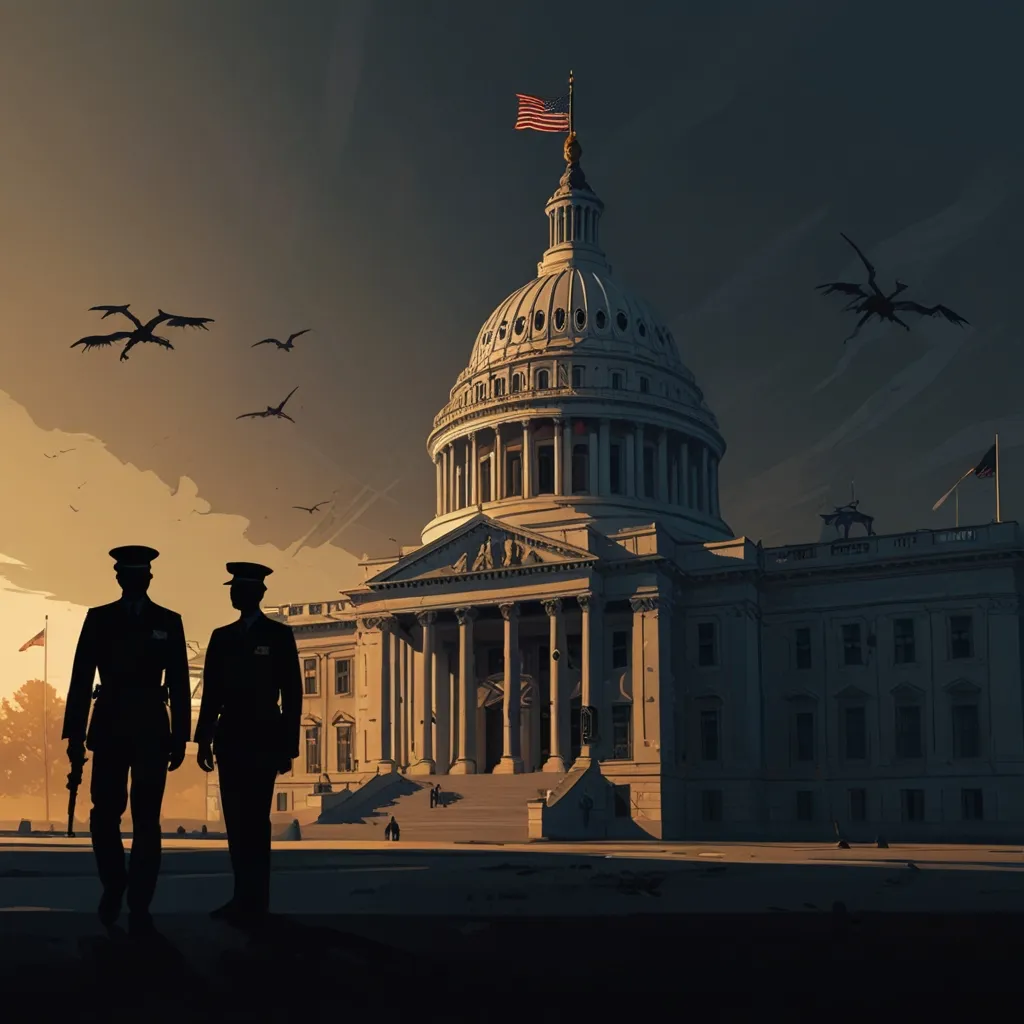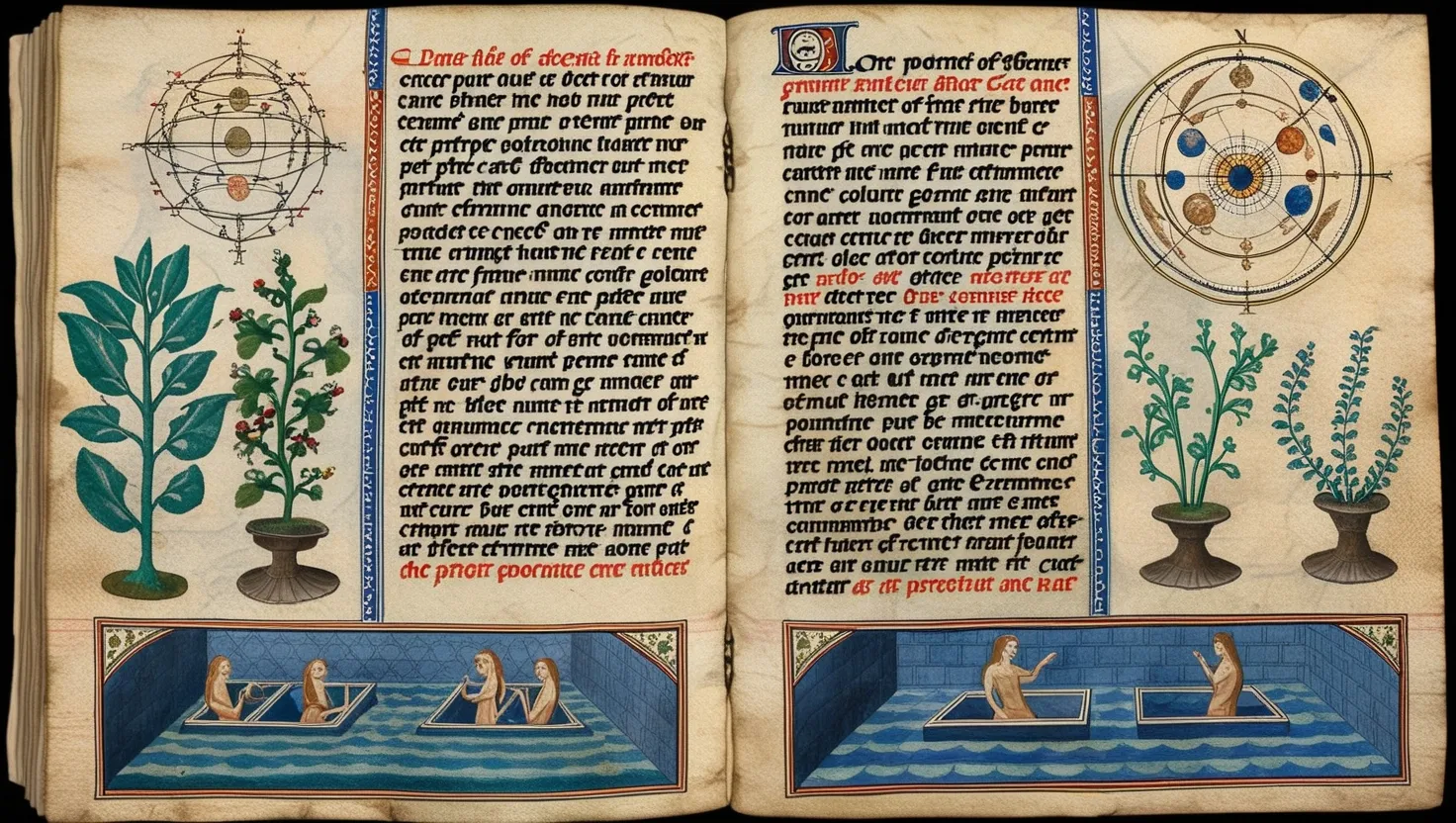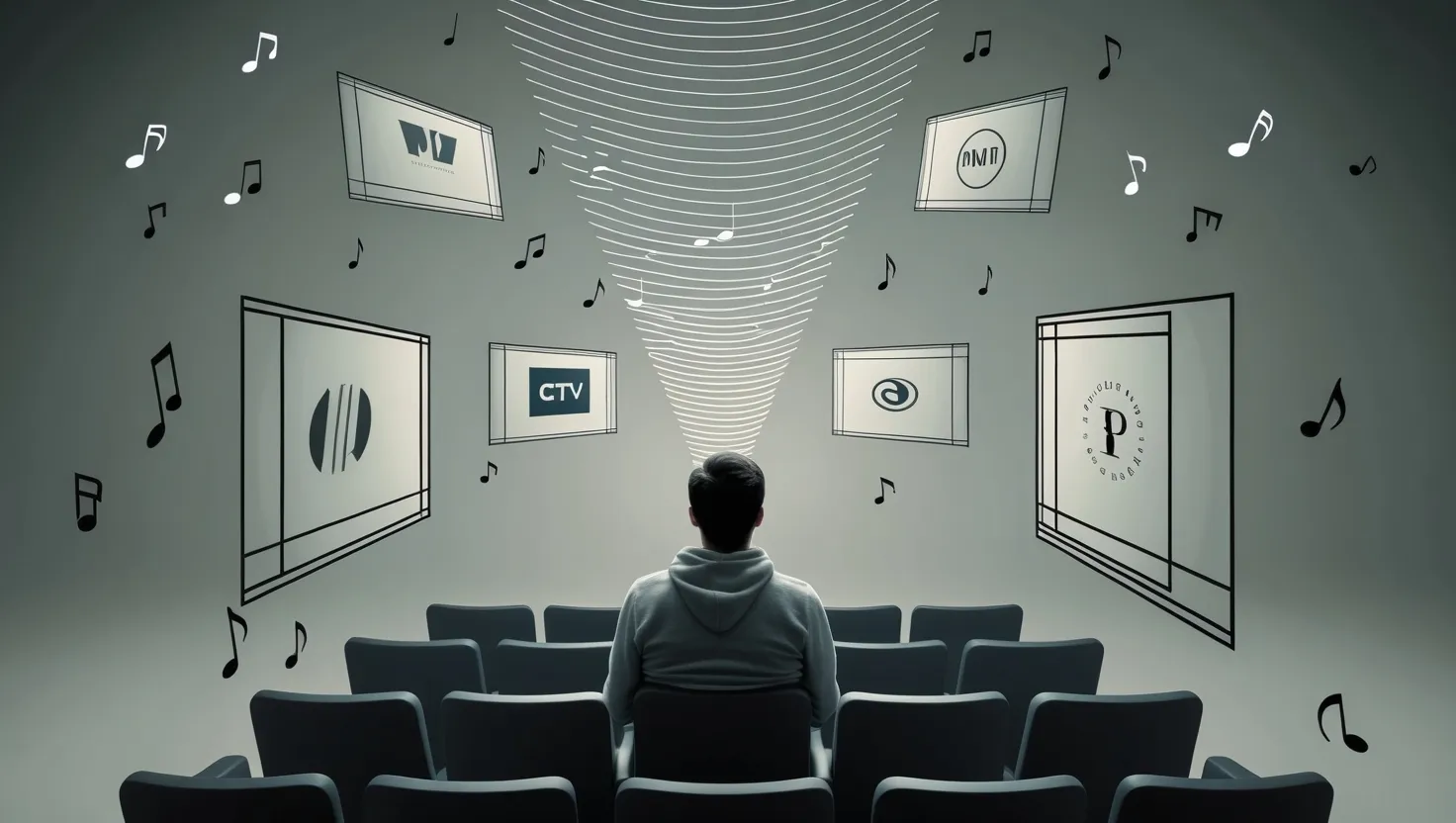The whole vaccine-autism debate took root way back in 1998. It all started when this British doctor, Andrew Wakefield, tossed out a paper linking the MMR (measles, mumps, and rubella) vaccine to autism. The study was tiny and speculative, but boy did it grab attention. Parents panicked, thinking these vaccines were dangerous, resulting in vaccination rates plummeting.
But it didn’t take long for the science geeks to dive in and call foul. Tons of studies debunked Wakefield’s claims. Basically, they pointed out that just because kids get the MMR vaccine around the same time autism typically surfaces doesn’t mean one causes the other.
Despite the clear evidence, the vaccine-autism myth stuck around. Wakefield’s original paper got yanked, and he even lost his medical license over ethical issues. Still, damage was done. The fear he ignited led to a noticeable drop in vaccinations, which in turn fueled outbreaks of measles and other diseases we should’ve had in check.
Take the UK for example. As vaccine rates dropped, over 12,000 measles cases popped up, leading to hospitalizations and even deaths. The U.S. saw a similar uptick in measles cases, despite having declared the disease eliminated in 2000. This was a glaring wake-up call about how pivotal vaccines are for public health.
Various factors, including some celebs and social media, kept the myth alive and kicking. Wakefield himself didn’t back down; he kept the misinformation train rolling with a controversial flick called “Vaxxed.” The film got booted from the Tribeca Film Festival but still found an audience, stirring the pot even more.
Social media made things worse, blasting out anti-vaccine headlines and eye-catching posts that preyed on anxious parents. Despite the alarming rhetoric, scientific consensus is firm: vaccines don’t cause autism. Studies continuously show that vaccine ingredients, like thimerosal, are safe.
The CDC (Centers for Disease Control and Prevention) has done a ton of research, consistently proving there’s no link between vaccines and autism. A standout CDC study from 2013 showed that kids with autism received the same amount of antigens from vaccines as those without autism. This, along with many other studies, put the nails in the coffin of the vaccine-autism myth.
Why does this myth persist? It’s a mix of misinformation power and the age of viral social media. It’s crucial, now more than ever, to think critically and fact-check. Parents and teachers need to help kids learn the difference between what’s fact and what’s fiction.
Wrapping this up: saying vaccines cause autism is a dangerous lie, no matter how widespread. Trusting credible sources and scientific consensus is key. Vaccines are essential to public health and massively outweigh any risk. By vaccinating kids, we protect not just them but also our whole community. Let’s stick to the facts and keep everyone safe.






